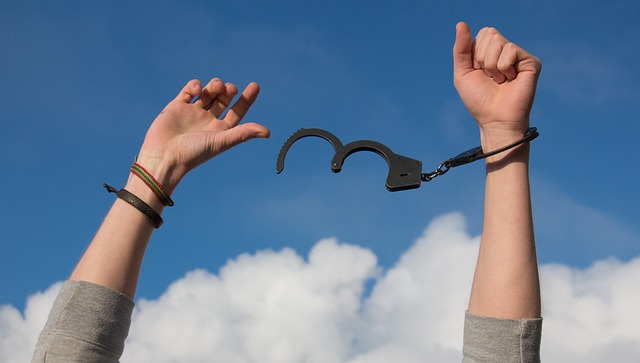
“Forgive others not because they deserve forgiveness, but because you deserve peace.”
~ Jonathan Lockwood Huie
Holding on to the past keeps you from moving forward in your life and erodes your happiness. Re-hashing the past puts you into a cycle of anger and sadness that negatively impacts your health and well-being.
We have all been hurt by someone at one point or another. Forgiveness is the key to returning to a state of ease and allowing ourselves to move forward.
We tend to resist forgiving others because of the false idea that it means we excuse the behavior that caused us pain. It does not. What the offender did was not okay and that person’s behavior doesn’t get condoned.
We may think it means letting that person back into our lives. It doesn’t. Refusing to forgive actually keeps you emotionally attached to that person who hurt you.
Sometimes we resist forgiving because we want to punish the offender but it punishes you, instead. We may think holding on to anger somehow gives us strength or control.
We may be afraid that forgiveness will open us up to being hurt again.
Forgiveness is for your own healing. It allows you to release the toxic feelings of resentment and anger so you can be free to move forward with your life. It’s about you, not the other person.
How to Forgive Another Person:
(From “Happy for No Reason” by Marcie Shimoff)
1. The first step is to make the decision that you are ready to forgive. You can You may need to sit with your hurt for a time, but keep forgiveness in mind as a goal.
2. When you feel ready, find a quiet place, take some deep breaths and feel your emotions without needing to do anything about them.
3. Next, realize that person’s hurtful actions can’t be changed. It’s in the past and nothing can be done now to affect it. Feel the finality of that.
4. Realize that this person may never change. Take a few deep breaths as you feel the truth of that.
5. Now see that this person may have done what they did because they themselves are hurting in some way. They have some pain within them that they may or may not be aware of, that caused them to do what they did. People hurt others because they are hurt themselves. Can you imagine this person as a small child in pain, lashing out at the others around them? Can you see them through the eyes of compassion?
6. Sit quietly for a minute or two more, feeling the expansion that compassion—even if its just a little bit—brings to your heart.
If you still feel angry after this, it’s fine. Repeat this exercise until, bit by bit, you feel a shift in your heart. This is about you releasing the pain in your heart, not about excusing the other person. You don’t actually ever need to tell the other person you’ve forgiven them in order to feel the benefits to both your physical and emotional well-being.
Leave your comments below on how this exercise went for you!


